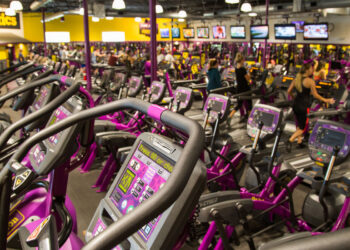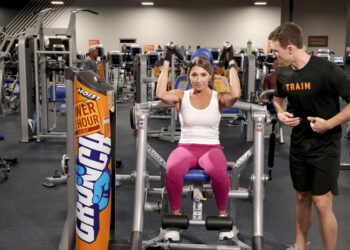Today’s active, healthy consumer, who works out and eats right, is looking for a fast, convenient way to replenish the body – preferably with an easy-to-use snack, like a protein or energy bar. Often the questions are, “What should I look for, and what is good for me?” The answer is easy: A bar is as good as its ingredients. So, let’s take a closer look.
First of all, size does matter! Look for a bar to carry in your gym bag for a quick snack to boost your energy right before a workout. The ideal bar should contain around 150 to 200 calories. This will provide you with the right amount of energy for your workout without weighing you down or making you want to sleep on the locker room bench.
Another ingredient that might interfere with your workout is sugar alcohol (e.g. Xylitol, Mannitol, Maltitol, Isomalt). You will mostly find these ingredients in so-called “low carb” bars, but what exactly are they? They are carbohydrates with a chemical structure that partially resembles sugar and partially resembles alcohol, but they don’t contain the ethanol found in alcoholic beverages. Their calorie content ranges from one-and-a-half to three calories per gram, compared to four calories per gram for sucrose and other sugars.
Most sugar alcohols are approximately half as sweet as sucrose, and they are also used in products to mask the unpleasant aftertaste of some high-intensity artificial sweeteners. Sugar alcohols are usually incompletely absorbed into the blood stream from the small intestines which generally results in a smaller change of blood glucose than produced by “regular” sugar – this is why sugar alcohols are a popular ingredient in products for people with diabetes.
The downside – which really can interfere with your workout – is that sugar alcohols bind a lot of water from the body which can lead to osmotic diarrhea. Plus, since they are not completely digestible, they can cause bloating and flatulence. (Some individuals experience these symptoms in just a single serving.) If you want to avoid “embarrassment” in the gym, consume mostly natural ingredients containing protein and carbohydrates that your body can use.
Last, but not least, taste is a very important factor in choosing a protein bar. If you can have a bar with mostly natural ingredients that tastes good, and provides your body with the right amount of easy-to-digest carbohydrates and protein, go for it and enjoy your active lifestyle!
Andrea Seidl is a Pharmacist and Co-Founder of Inko Sport America, LLC. She can be contacted at 866.465.6776, or by email at andreainkoamerica@mac.com , or visit www.inkoamerica.com .








